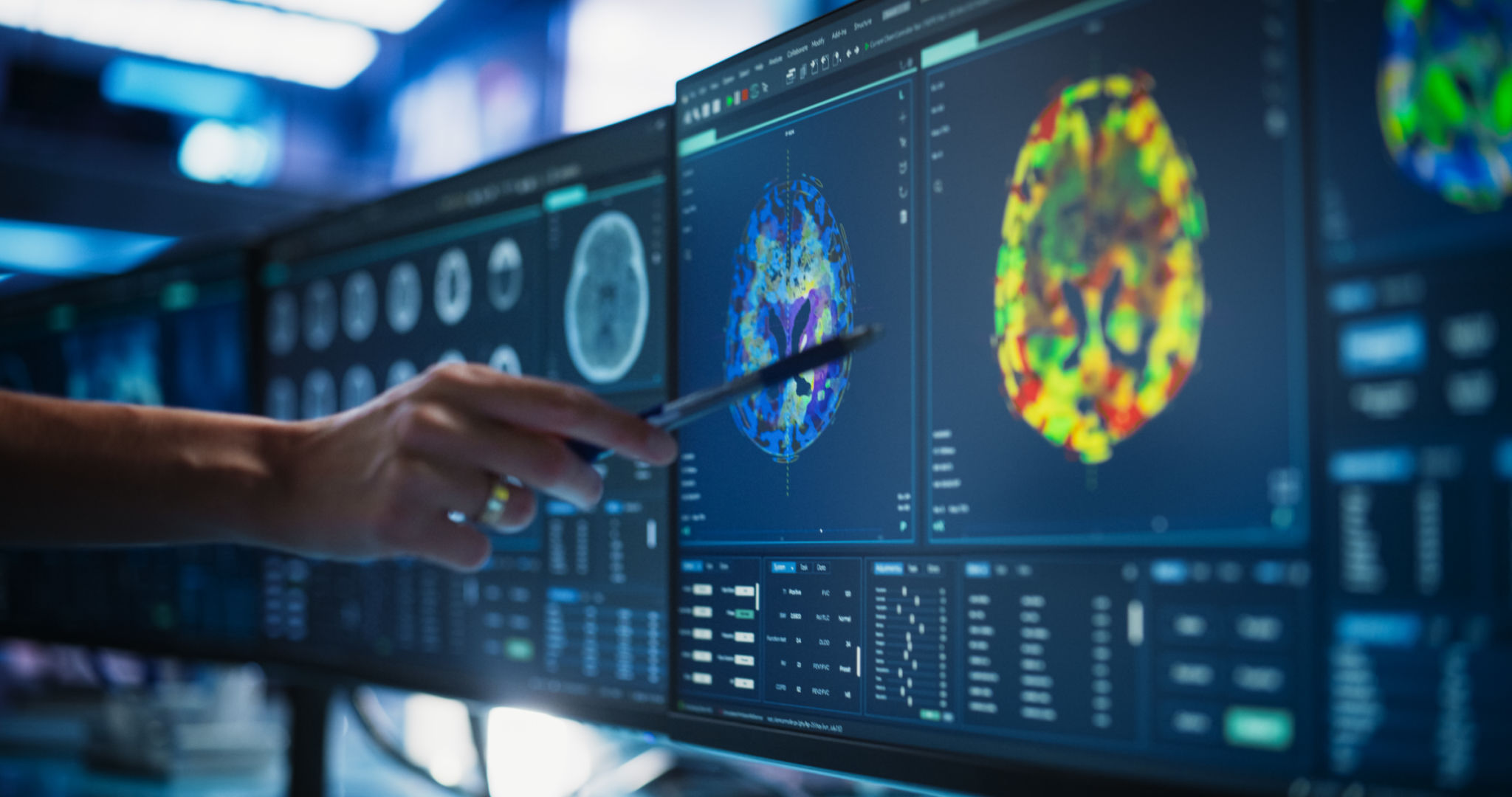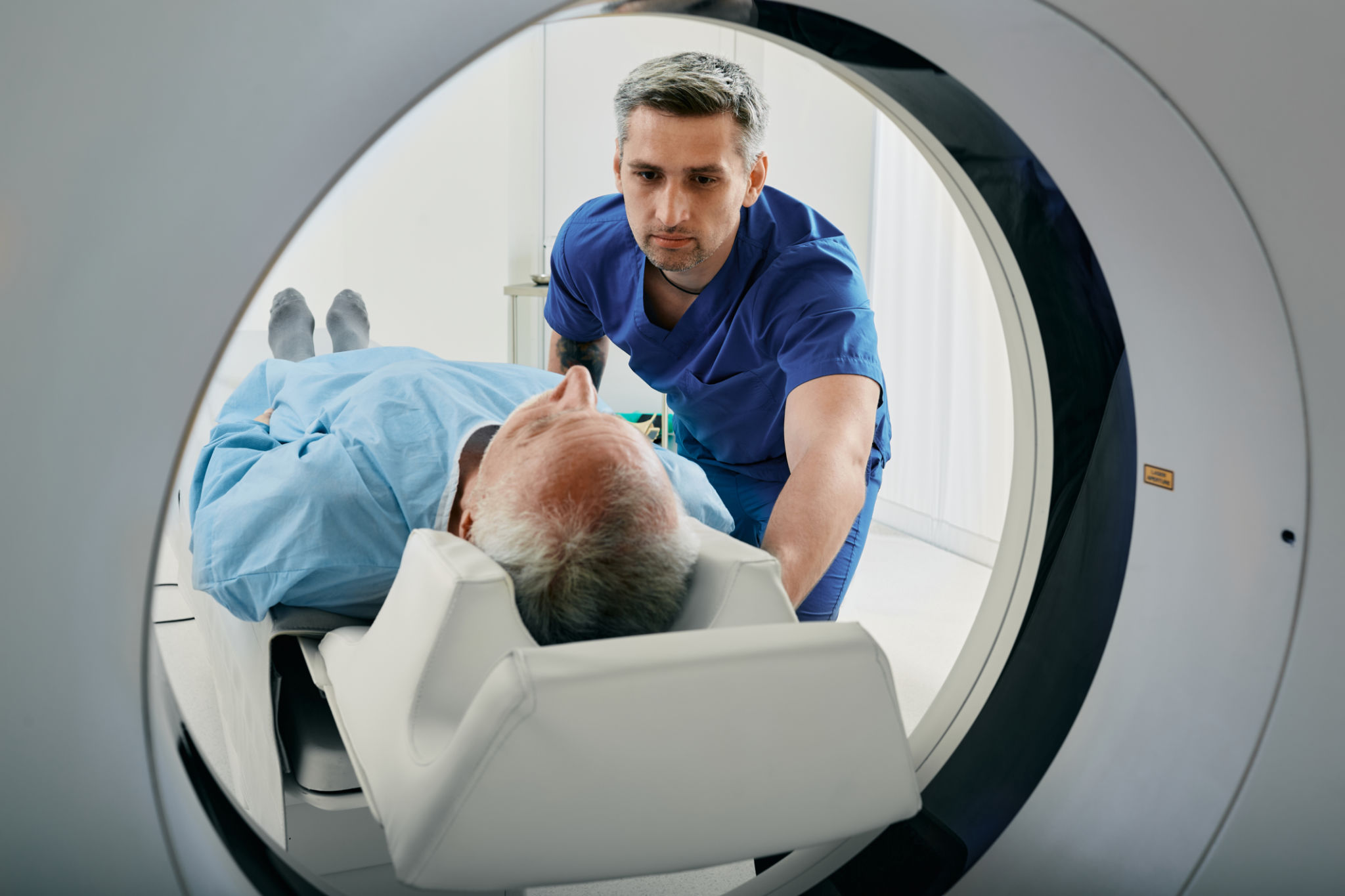Exploring the Future of MRI Technology: Trends to Watch
Introduction to MRI Technology
Magnetic Resonance Imaging (MRI) has been a cornerstone in medical diagnostics for decades. As technology advances, so do the capabilities and applications of MRI. This evolution is crucial for enhancing patient care and improving diagnostic accuracy. In this article, we will explore some emerging trends in MRI technology that are poised to shape the future of medical imaging.

Advancements in Image Resolution
One of the most significant improvements in MRI technology is the enhancement of image resolution. Higher resolution images allow for more detailed visualization of tissues and organs, which is critical for accurate diagnosis. New developments are focusing on increasing the power of MRI magnets and refining algorithms for image reconstruction. These advancements are expected to provide sharper images with faster processing times.
High-Field MRI Systems
The introduction of high-field MRI systems, particularly those operating at 7-Tesla and above, is a game-changer. These systems offer unparalleled detail, especially beneficial for neurological imaging and research. Although currently limited to research settings, the application of high-field MRI in clinical practice is on the horizon.

AI Integration in MRI
The integration of Artificial Intelligence (AI) in MRI technology is another exciting development. AI algorithms are being designed to assist radiologists in interpreting complex scans, reducing human error, and increasing efficiency. This technology can also help predict patient outcomes and tailor personalized treatment plans.
Automated Image Analysis
Automated image analysis tools are being developed to detect abnormalities with greater speed and accuracy than traditional methods. These tools can rapidly process large volumes of data, providing real-time insights that aid in quicker diagnosis and intervention.

Portable and Accessible MRI Machines
Portability is becoming a key trend in MRI technology. Compact and mobile MRI machines are being developed to bring advanced imaging capabilities to remote or underserved areas. These portable units can provide essential diagnostic services without the need for patients to travel long distances to major hospitals.
Impact on Global Health
The increased accessibility of portable MRI machines has the potential to transform healthcare delivery globally. By providing imaging services in regions with limited access to healthcare infrastructure, these machines can help bridge the gap in medical care and improve health outcomes for millions of people.

Conclusion
The future of MRI technology is bright, with numerous innovations on the horizon that promise to enhance diagnostic capabilities and improve patient care. From higher resolution imaging to AI integration and portable systems, these advancements are set to redefine the landscape of medical imaging. As these technologies continue to evolve, they hold the potential to revolutionize how we approach diagnostics and treatment planning.
